What Are Facebook Marketplace Scams & How You Can Protect Yourself

Think you know everything about Facebook Marketplace? Think again. Your next deal could very well be a scam!
Facebook Marketplace is an excellent place for you to sell your unwanted items, earn a few dollars in the process, and uncover fantastic bargains. Unfortunately, there are those out there who are eager to defraud and rob you.
Others enjoy causing uproar and will try to tarnish your reputation as a seller. In our article today, we will bring you through the different examples of the common scams that exist out there & some precautions you can take to protect yourself on this online marketplace platform.
What Are The Scams?
At a glance, here are some of the common scams. Needless to say, a majority of these scams will be carried out using a fake account/profile so it’ll be quite difficult to trace the actual perpetrators.
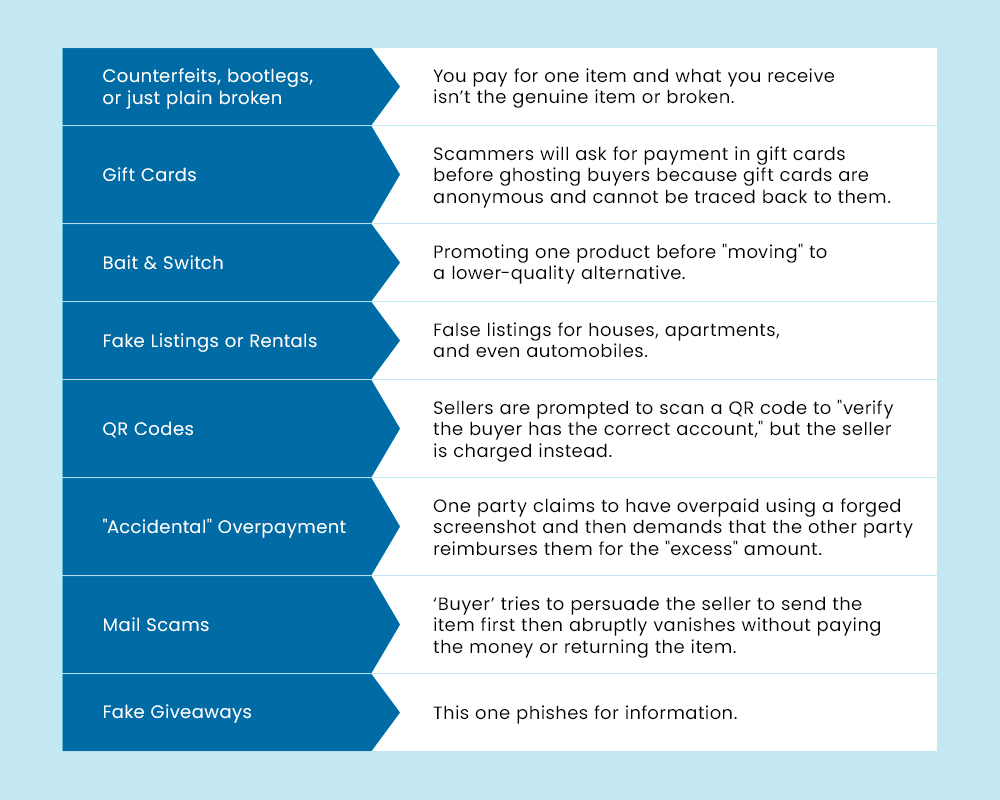
How Do They Work?
Let’s go into more detail as to how each of these types of scams works.
Counterfeits, bootlegs, or just plain broken
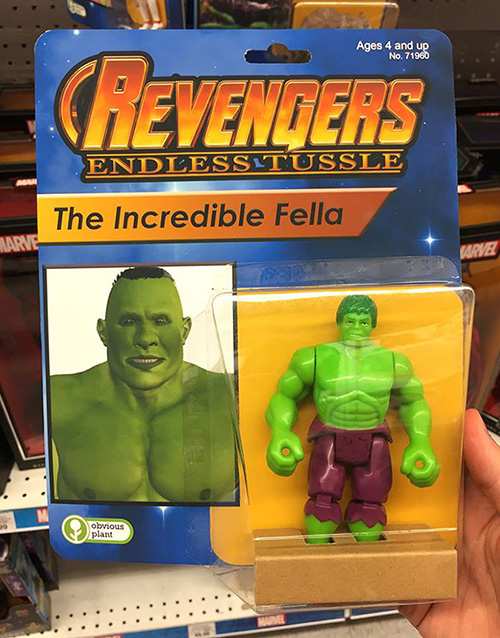
Source: Boredpanda
Many online and physical marketplaces contain counterfeit merchandise.
However, because Facebook is a global platform where anybody may sell to anyone, it can be hard to track down vendors. The risk of purchasing counterfeit goods is higher.
Counterfeit products are simply duplicates of any product passed off as the "real thing."
Criminals primarily duplicate high-priced products since they can get the highest profit from these items.
Counterfeit products include false designer apparel, perfumes, cosmetics, medications (although Facebook does not allow the sale of prescription drugs), sports jerseys, and jewelry.
Another thing to look out for are broken items. These are frequently sold on Facebook Marketplace too.
It may be difficult for purchasers to inspect an image if a product contains defects. Also, images do not always accurately represent reality.
Gift Cards
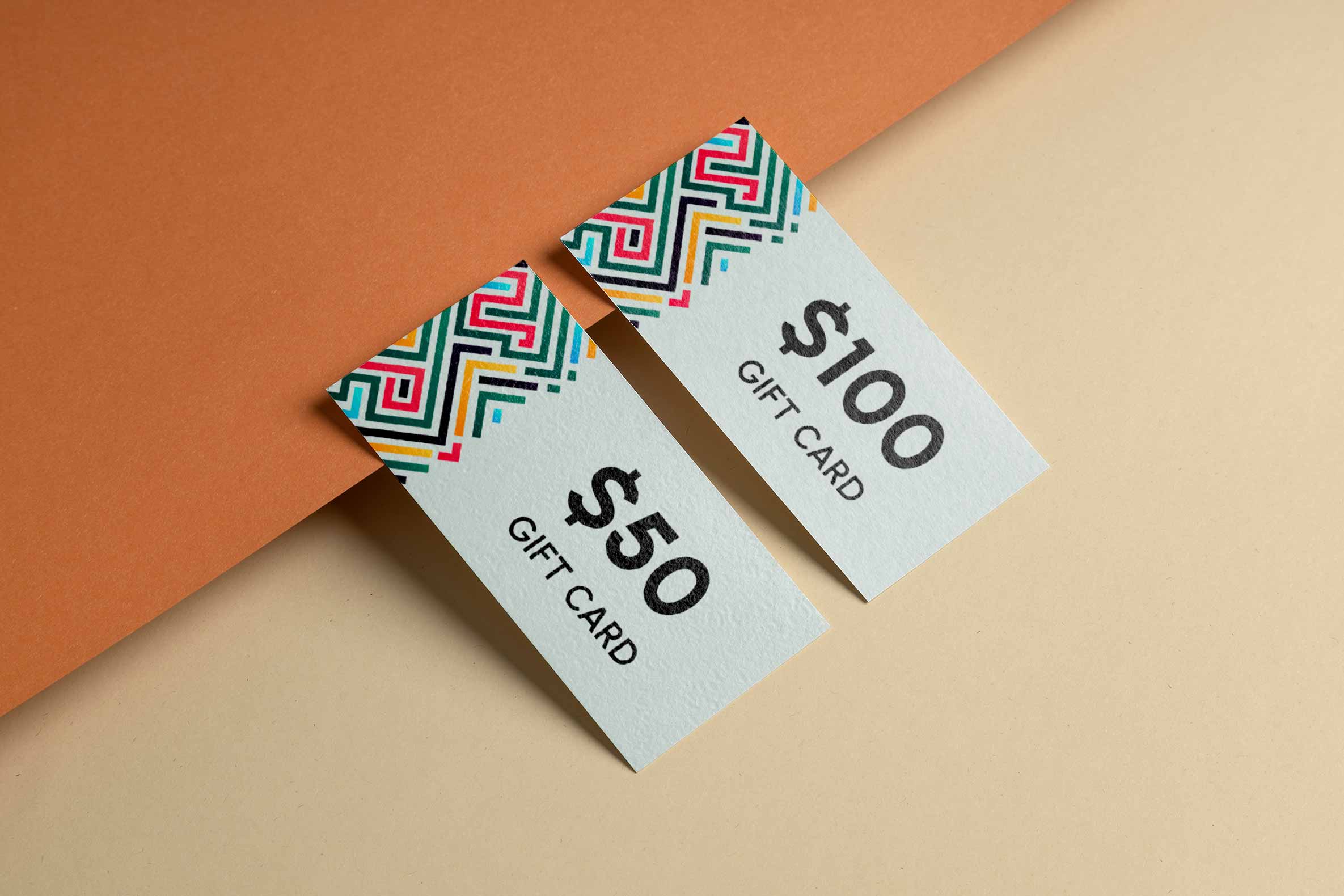
This one is one of the oldest tricks in the book. It’s simply asking for payment and then failing to deliver the goods.
On Facebook Marketplace, one form of this is when a seller requests to be paid with a gift card and then does not supply the items for sale after receiving the gift card.
Because gift cards are practically untraceable, this scam is difficult for victims and police as they rarely link to a specific person or account.
Even though they are frequently purchased via a non-anonymous method (such as a credit card), this does not always imply that the gift card itself can be traced.
Bait and Switch
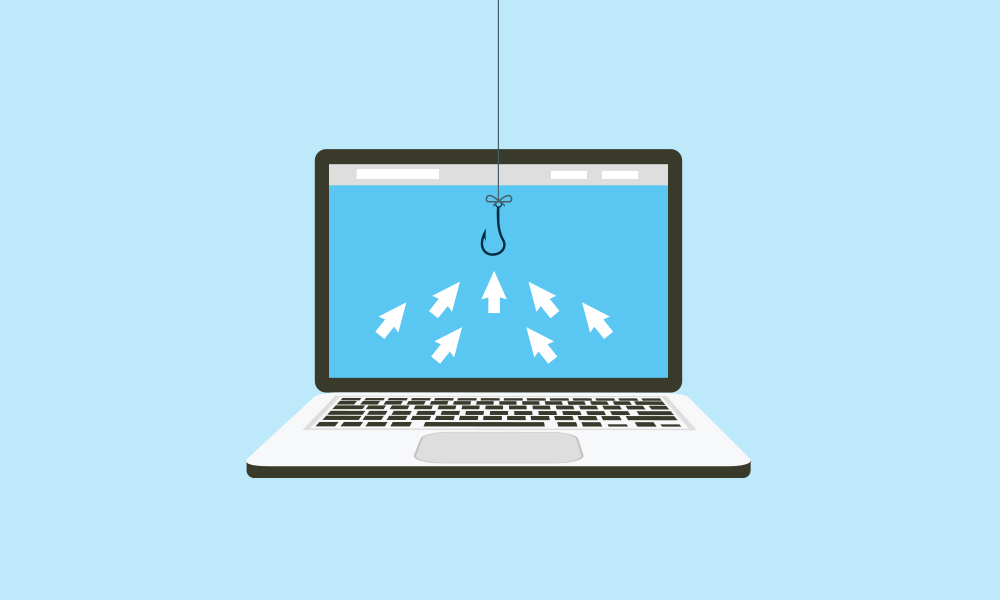
This one is not so much a scam but an unpleasant experience and bad etiquette.
This method sees the seller offering a high-quality product for a low price, only to have it 'unavailable' when a buyer contacts the vendor.
The seller will then give the buyer higher-priced goods or a product of lesser quality or quantity.
In other words, the bargain has suddenly become less appealing.
Fake Listings or Rentals
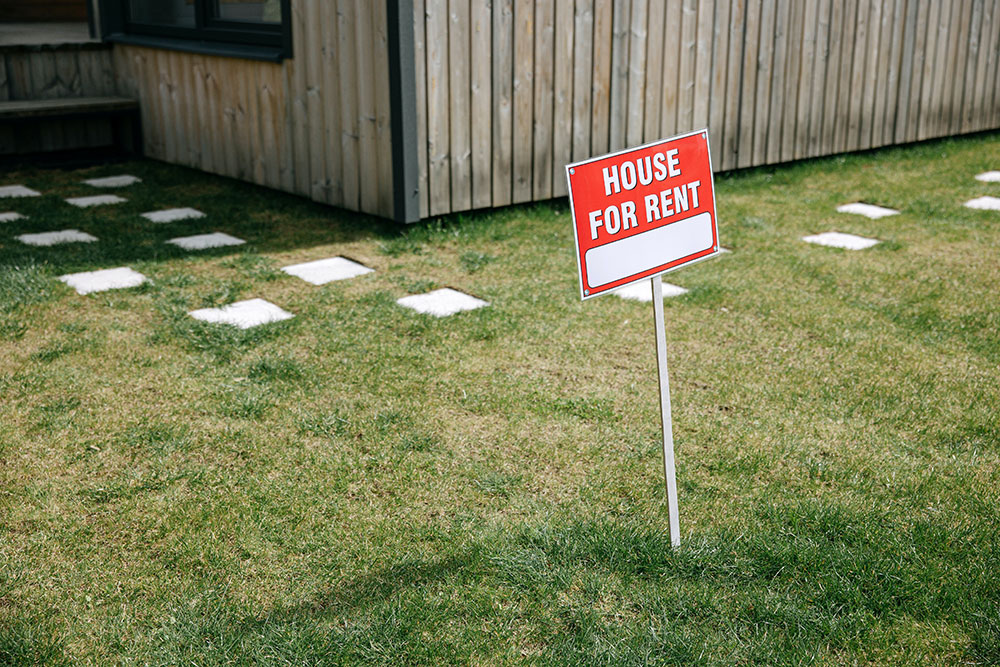
Be wary of phoney or deceptive rentals on Facebook Marketplace.
There have been numerous examples of deception on this front, ranging from the use of misleading photographs to the use of bait-and-switch methods — all the way to the publishing of properties that belong to someone else.
Always go to the property you want to rent before transferring any money or signing anything.
QR Codes
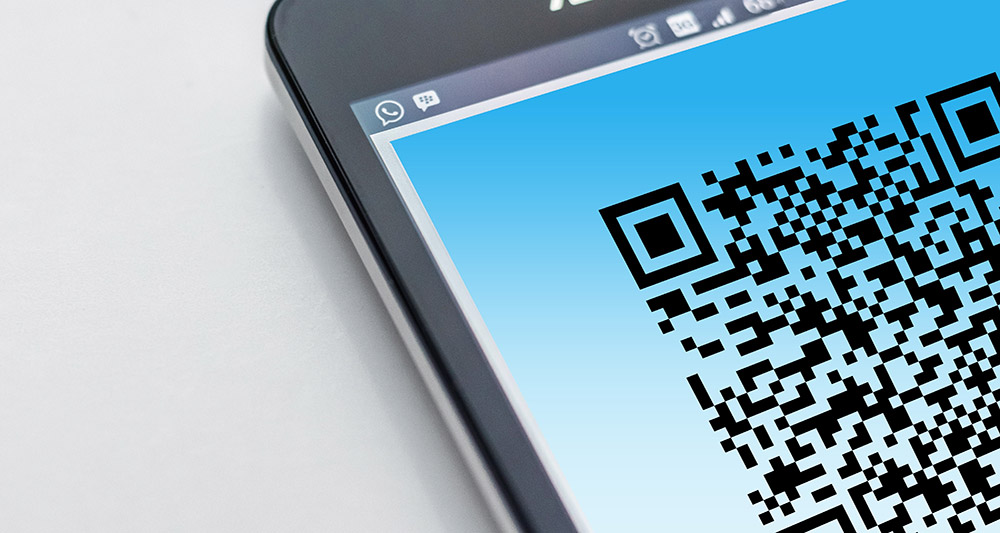
QR code scams are so common on online marketplaces that the State Bank of India (SBI) issued a warning against scanning QR codes while selling an item.
Criminals may pretend to be interested in a thing you're offering and even bargain a little to make the scam more credible.
They will then pay a tiny percentage of the product's price. When it's time to pay the remainder, they will ask you to scan a QR code.
They do this to "ensure their money goes into the correct account."
Instead of receiving the money, you will pay the scammer the indicated amount.
"Accidental" Overpayment
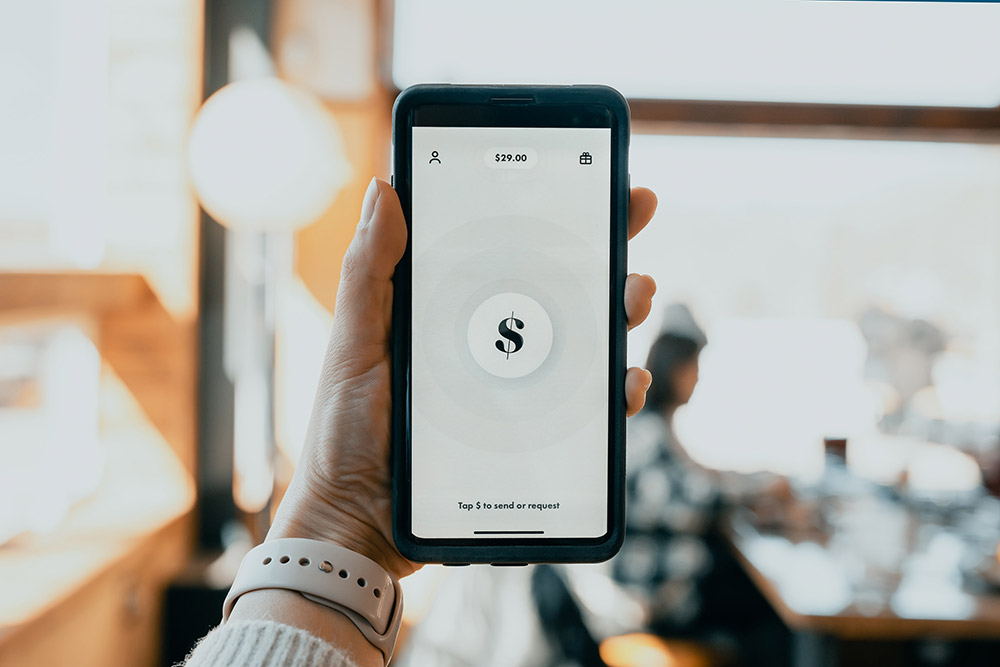
Yes, vendors can be victims of scams as well. Scammers can easily accomplish this by forging payment receipts or confirmations for amounts more than the asking price.
Do you know how you get a notification when you pay for something using PayPal or another payment service?
It is relatively simple to forge this message without engaging in a cash transaction.
After convincing the vendor that they overpaid, the fraudster will ask for the excess amount.
Of course, the seller will have no money in their bank account, but the scammer will walk away with whatever amount he overpaid.
Mail Scams
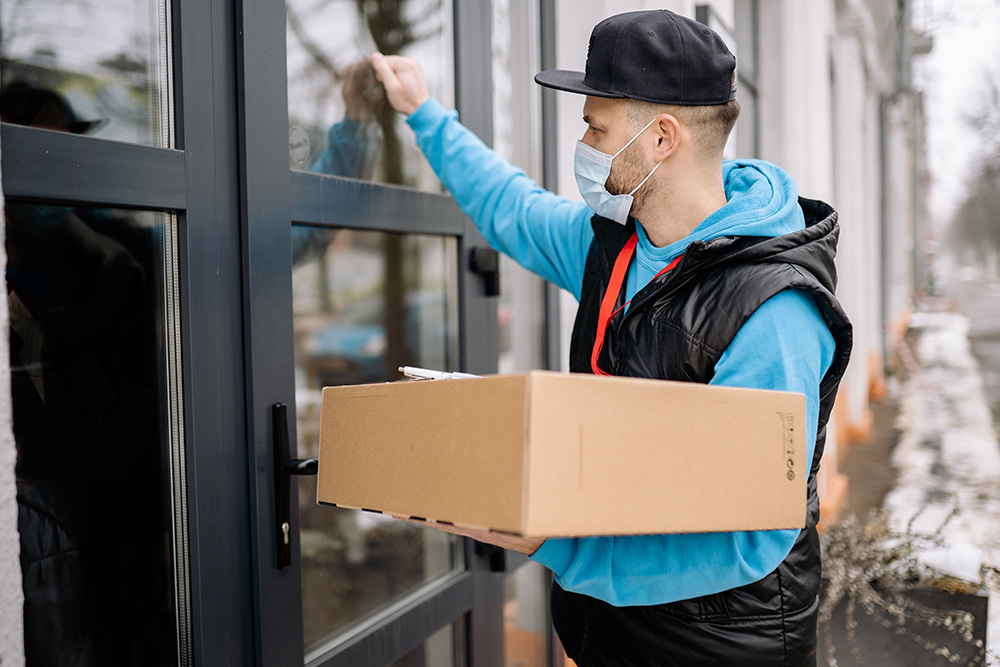
This one could happen to either party.
The buyer in the transaction will try to persuade the seller to send the item first, possibly for testing or compatibility reasons.
After delivering and receiving the item, the buyer abruptly vanishes without paying the money or returning the item.
Alternatively, Facebook marketplace shipping scams occur when a vendor requests money for shipment but never sends the goods.
Fake Giveaways

Another popular scam on Facebook Marketplace is the promotion of bogus giveaways.
Scammers present bogus freebies to persuade users to click on links that install malware on their computers or disclose sensitive data to participate in the giveaway. This process is called phishing.
Once scammers have your sensitive information, they will utilise it in every way they want.
These bogus freebies are more popular on the social side like Instagram and the social media platform Facebook (not the marketplace).
However, because these platforms are so popular, and similar frauds occur on FB Marketplace, it's good to be aware of them.
The few signs are:
- The account behind the giveaway is new.
- There are also spelling issues or material that appears to have been translated using a translation tool or website.
- The "prize" seems very implausible or too good to be true.
On Facebook Marketplace, there have been reports of scammers offering free cryptocurrency.
These giveaways, of course, are forgeries. They're just ploys to persuade consumers to click on links that are likely to contain malware or to steal cryptocurrency or money from them.
How to recognise a facebook scammer?
Fortunately, once you know what to look for, the indicators of a Facebook scammer are easy to spot. Keep in mind, however, that social engineering plays a significant role in the success of marketplace scams.
Cybercriminals are constantly looking for new ways to capture your attention and influence your decision-making. Always be on the watch for discounts that appear to be too good to be true - they almost always are. Here’s what you should keep an eye out for:
Too good to be true

If an item sells for a price substantially below the normal market value, something fishy might be afoot.
If it's a tech product, it could be defective. The apparel or sneakers may be counterfeit. If it's cheap and appears real, keep in mind that it could be stolen.
Seller will not meet in person
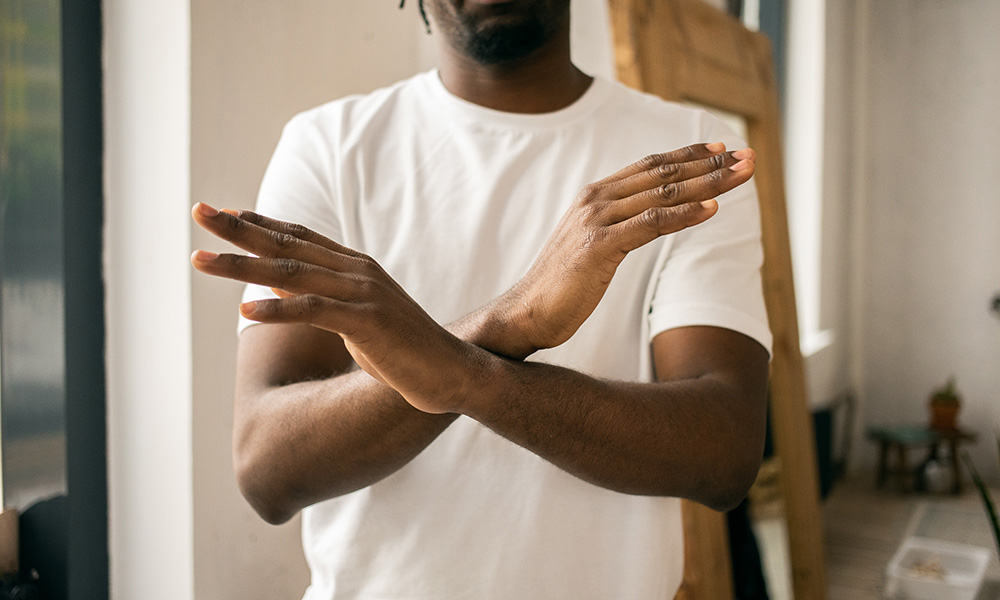
If a seller refuses to meet you in a public place, proceed to the next merchant. It is always a good idea to view your item in person first. If the seller refuses, the advertised item is most likely a forgery.
Official communication is not used by either party

Some Facebook scammers will take over other people's accounts and use the stolen profile to peddle bogus goods. By avoiding communication via Messenger, the scammer decreases the likelihood of the victim discovering the scam.
Unusual item listings
Is the vendor selling the same item at various locations, some of which are in other states or counties? The artefacts are most likely forgeries.
Seller refuses to use Facebook's checkout services

Source: The Verge
The Facebook checkout service was created primarily to prevent fraudulent transactions. If a seller avoids this part entirely, it's a good indication that they're a con artist.
How To Protect Yourself?
Now that we've gone over some of the most common Facebook Marketplace scams, it's time to speak about how to avoid becoming a victim of one of these scams. If you want to protect yourself against fraudsters on Facebook Marketplace, follow the advice below.
Study the seller’s profile & reviews
Check out a seller's or buyer's profile on Facebook to ensure they aren't using a phoney account to swindle individuals like you. A newly formed account with no or few friends and an empty bio is a warning sign.
If you've located a seller, read their feedback. When a seller has five or more reviews, they become public. We advise against making large purchases from new sellers with no public reviews.
Don’t believe all offers
Consider whether the deal you discovered on a luxury item appears "too good to be true" - it frequently is. You may be unintentionally purchasing counterfeit goods or paying a deposit for a bogus posting. Too-good-to-be-true deals come in many shapes and sizes, but they frequently involve expensive things such as jewellery and apparel from high-end labels.
Use trusted payment options
Never use gift cards to pay anyone on Facebook Marketplace. If they defraud you or fail to deliver the items, it's nearly impossible to follow them down with a gift card. It is far preferable to have proof of payment in the form of a wire transfer or a PayPal receipt.
Always utilise Facebook Pay to pay for your purchases if it is available, especially since some products are eligible for Purchase Protection this way.
No QR codes to receive money
Never scan a QR code sent to you by a possible buyer under the guise of receiving money in your bank account in this manner. QR codes are used to pay money, not to receive it.
Consider carefully before depositing money
Always be sure you trust the seller before putting a deposit on a purchase. We advise only paying a deposit for things purchased from a reliable merchant.
If someone asks you for a deposit, examine whether it makes sense for that particular product in the first place and, if so, whether the amount is reasonable concerning the whole value.
Deposit scams are common with autos and real estate, so be particularly cautious if you're looking in these categories. A buyer showed up with images of a house that a man was selling in Toronto. She was duped into handing over $1,000 to strangers. Cases like this can be readily avoided by physically evaluating goods or property before paying a deposit.
Use official communication platforms
Facebook suggests utilising Facebook Messenger to connect with buyers and sellers at all times. In this manner, you will have a record of your correspondence in the event of a disagreement.
Of course, you can also interact via email, WhatsApp, or any comparable site. The crucial point is that you don't just agree to a bunch of information over the phone with no evidence to back it up.
Closing Words
There you have it, ladies and gentlemen. We hope that our article today has given you more insight as to the different types of Facebook Marketplace scams and, hopefully, we have armed you sufficiently with ways to protect yourselves.

